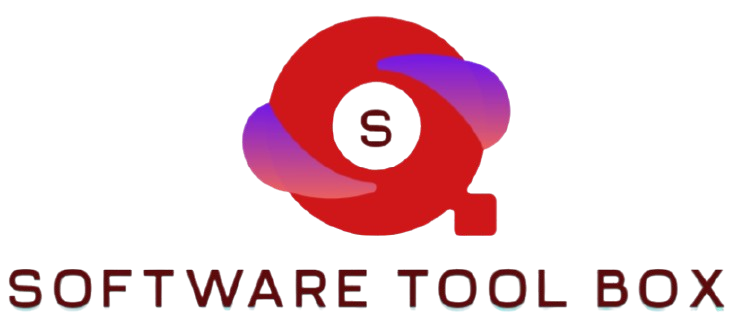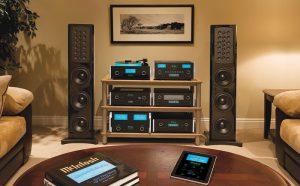
Data were stored for decades on mechanical hard drives. The new solid state drive performs completely differently. SSDs work like hard drives, yet with different technology. SSDs use flash memory like USB drives to store data, that is accessed digitally. SSDs provide instant boot and load times since they don’t need to mechanically search data on a spinning platter.
Know what a solid-state drive is

A solid-state drive (SSD) is known as a storage device that allows the writing, reading, and storing of data permanently. Without a continuous power source. An SSD is an advanced and newer form of hard drive that functions as a storage device in computers. Compared to traditional drives, SSD delivers and access data more quickly. SSDs work alongside your system’s processor and memory to use and access data. This enhances your computer’s performance. Also, the data includes things like your games, music, operating system, or music.
Solid-state drives are used for the following:
The adoption of SSD began in high-performance technology areas. SSDS has distinct benefits in these areas:
- Gaming
Gaming computers always pressed the limits of modern computing technology. Relatively costly equipment for gaming performance benefits. As latest blockbuster games continuously write and load files.
- Business
Companies working with a great amount of data such as data analysis and programming environments. Usually, depending on SSDs, file transfer and access times are crucial.
- Servers
To get faster writes and reads, enterprise servers need SSDs to appropriately serve their client PCs.
- Mobility
SSDs need only low power requirements, so it contributes to better battery life in tablets and laptops. SSDs also shock resistant and it lessens the chances of data loss once mobile devices are dropped. SSDs are great for mobile devices because of their low energy impact and high durability.
Know the great benefits of Solid State Drive
- Faster
SSDs are faster without any moving parts to slow down your computer. Critical SSDs provide instant-load performance, meaning quicker application loading times. Great system responsiveness and faster boot times.
- More Durable
With traditional hard drives, the constant motion produced by small moving parts creates heat. This is the main factor in hard drive failure. They’re more shock-resistant and more reliable compared to traditional hard drives. They’re more resistant to accidents, common drops, and wear and tear.
- More Efficient
A great advantage of SSDs is that they have no moving parts. This means it will have longer battery life and needs less power to handle.
- Easy to install
You can install an SSD even with no needed experience and use a screwdriver.
- Easier to carry
Since SSDs weigh lesser compared to hard drives. They’re known to be mobile-friendly, making your laptop easier to carry and become lighter. With solid construction and lightweight components, SSDs are best suited for the rigidity of constant travel.








